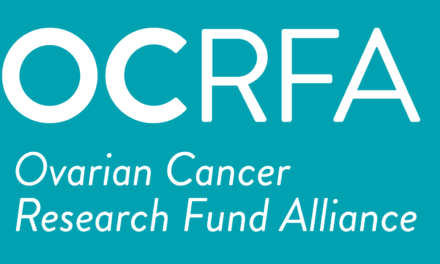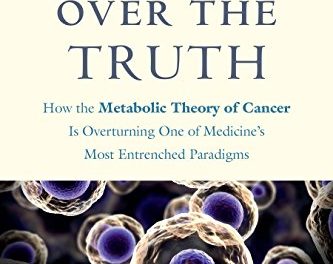
Glenn Roberson Photography
Much of my website focuses on integrative medicine, and I want readers to understand why.
Without a doubt, traditional medicine saved my life. But complementary medicine strengthened me through treatment and has become my way of giving myself the best shot at staying healthy even if a recurrence happens.
But what is integrative medicine, anyway?
After my stage 3c ovarian cancer diagnosis, I spent hours poring over websites and educating myself about all the ways I could help myself. I learned about nutrition, supplements, acupuncture… all the things I want to introduce to you or help you understand better.
All these things are examples of complementary medicine, and Dr. Chasse Bailey-Dorton from Levine’s Integrative Medicine Program defines integrative medicine in a way that just makes sense:
“[Integrative medicine is] taking what’s evidence based in complementary medicine – for example, nutrition, lifestyle, supplements – and combining it with conventional medicine to give someone the best care possible.”
The best care possible. Every woman – every human – battling cancer deserves to know he or she is receiving the best care possible. Honestly, it’s frustrating to me that not every cancer center has an integrative medicine program, but I’m proud of the insights I’ve been able to share with my doctors, to show them firsthand what a difference integrative medicine can make.
What I love about Dr. Bailey-Dorton’s definition is how it clearly states the way traditional and complementary medicine work together. It’s a symbiotic approach. It isn’t about dismissing traditional medicine all together or relying solely on complementary medicine to heal you. It’s about approaching a person’s condition and all the factors that make up that person – stress, diet, exercise – and figuring out a treatment plan that’s right for her.
More: Acupuncture changed my life, physically and emotionally
For me, I better understand what keeps me strong on the inside and on the outside. My treatment plan is a combination of recommendations from a handful of experts.
- My oncologist tracks my body from a cancer standpoint and recommends treatment.
- My yogi teaches me how to manage stress and strengthen my mind and my body.
- My Pilates instructor pushes my physical boundaries and helps me get stronger.
- My acupuncturist keeps the aches and pains at bay while guiding me to focus on my own wellness.
- My nutrition consultants help me incorporate cancer-fighting ingredients into meals I actually want to eat.
My gynecologic oncologist, Dr. Matt McDonald from Novant Health’s Gynecologic Oncology Associates, supports how I’ve embraced integrative medicine. “Unfortunately, most of us did not have a lot of training in integrative medicine, so we have to refer out to other experts in the field who may offer those services,” he explained.
“Your involvement with integrative medicine has certainly allowed you to live a very busy and public life,” he said. “There is no question that your ability to withstand chemotherapy and surgery was helped by your youthfulness but also by your nutritional and integrative medicine plan.”
Dr. McDonald supports all patients’ interest and engagement with integrative medicine. “It significantly improves the patient’s ability to recover from treatment like surgery or chemotherapy,” he said. “I’m excited to share that the Novant health cancer program is currently recruiting and building our integrative medicine department to better serve our patients and physicians.”
SherryStrong.org looks forward to supporting Novant’s efforts. Integrative medicine has given me a sense of control over my well-being, and I want to help others access that kind of knowledge, care and control, too.
Will all these steps work for you? Maybe. But maybe not. Every woman is different and has different stressors in her life. Not everyone may be able to weave these approaches as often as others – and that’s totally okay. It’s all about finding the balance that works for you. I am empowered knowing each approach exists for specific reasons, and I have the power to add and subtract them from my life depending on how I feel or how my life changes.
More: Find support, avoid statistics
At the Ovarian Cancer National Conference in Washington, D.C., in July, only standing room was available after survivors, caregivers and loved ones filled a breakout session titled “Exploring Complementary Medicine in Ovarian Cancer Treatment.”
Dr. Shelly Latte-Naor, an integrative medicine specialist from Memorial Sloan Kettering Cancer Center, explained how ignoring complementary medicine really is a disservice and gap in care for patients. She compared cancer in the body to just one room of a house. Would we only attend to one room of our house, neglecting the care of the other rooms? Similarly, when cancer attacks one part of a body, the rest of the body should be cared for, as well. The analogy helped convey how complementary medicine and traditional medicine together make up the most effective, integrative medicine approach.
Coming up, I’m excited to share posts on several complementary medicine approaches, including Mindfulness Based Stress Reduction (MBSR); dealing with insomnia during treatment; key supplements to consider during and after treatment; and guided imagery.
What complementary approaches do you want to hear more about? Comment below or email me at [email protected]!




